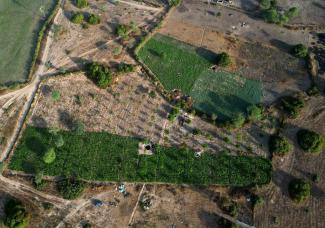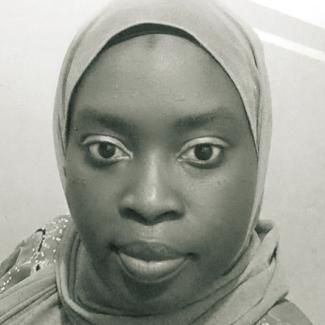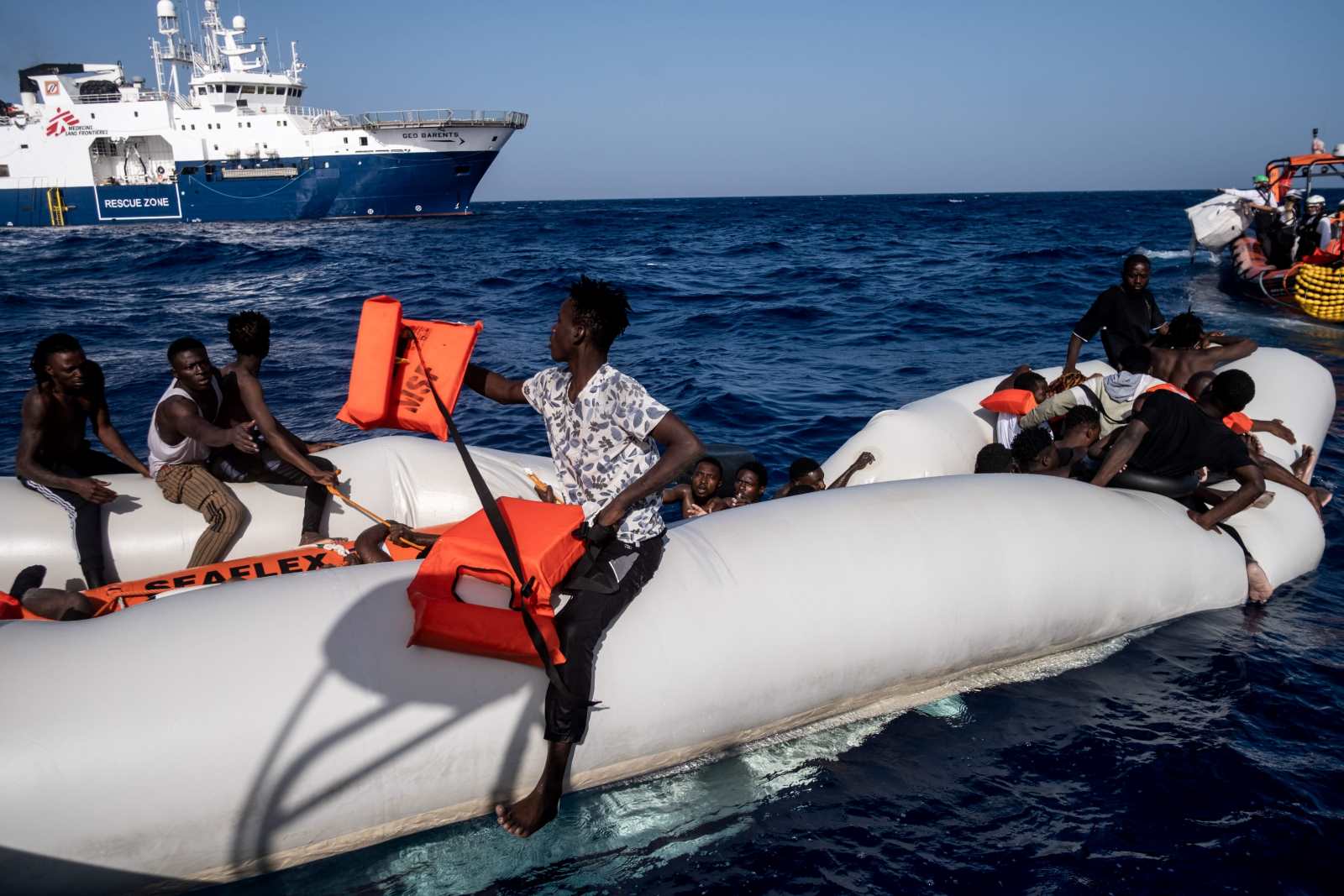Senegal
Senegal’s youth is not satisfied with dead-end livelihoods

Senegal has signed a fisheries agreement which permits foreign trawlers to operate along the country’s coasts. The National Union of Senegal’s Artisanal Fisherfolk (Unapas – Union nationale des pêcheurs artisaux du Sénégal) was not asked for advice and the exact text of the agreement was not made public. Unapas represents its members, including in relations with the government.
The fisheries agreement and the abusive fishing practices of foreign parties has caused serious discontent. According to Unapas, there have been accidents involving foreign trawlers and small local boats, with Senegalese people dying or disappearing at sea.
Fish stocks are being depleted along Senegal’s shores moreover. Fishing boats must now travel 150 kilometres per day, which is expensive and dangerous. Typically, investments that would be required are unaffordable. All too often, boats do not return from fishing tours.
At the same time, fish prices are rising in Senegal. Many households can no longer afford this protein-rich food. The livelihoods of thousands of women who conserve fish by traditional means such as drying are at risk. Exports of dried fish to neighbouring countries used to be important, but are now dwindling. The government, however, is not responding to such grievances.
Smallholders’ plight
Traditional smallholder farms are under considerable pressure too. Climate change often means failing rains. Fertile soils are being diminished. Moreover, imported fruits and vegetables are flooding local markets. Part of the problem is that French supermarket chains are increasingly crowding out traditional food markets.
Smallholder families typically lack enforceable title to the fields they traditionally own. Things are similar in many African countries, and there is a pattern of governments selling such land to multilateral corporations. In Senegal, many families are aware of potentially being dispossessed at any time. It is common for them to sell their land to private bidders in fear and haste.
In view of these things, neither fishing nor farming offer young people attractive long-term livelihoods. Accordingly, many are eager to leave the country (see main story).
Fatou Faye belongs to the staff of the Rosa Luxemburg Foundation’s West Africa office in Dakar. The foundation is close to Germany’s Left party.
fatou.faye@rosalux.org













